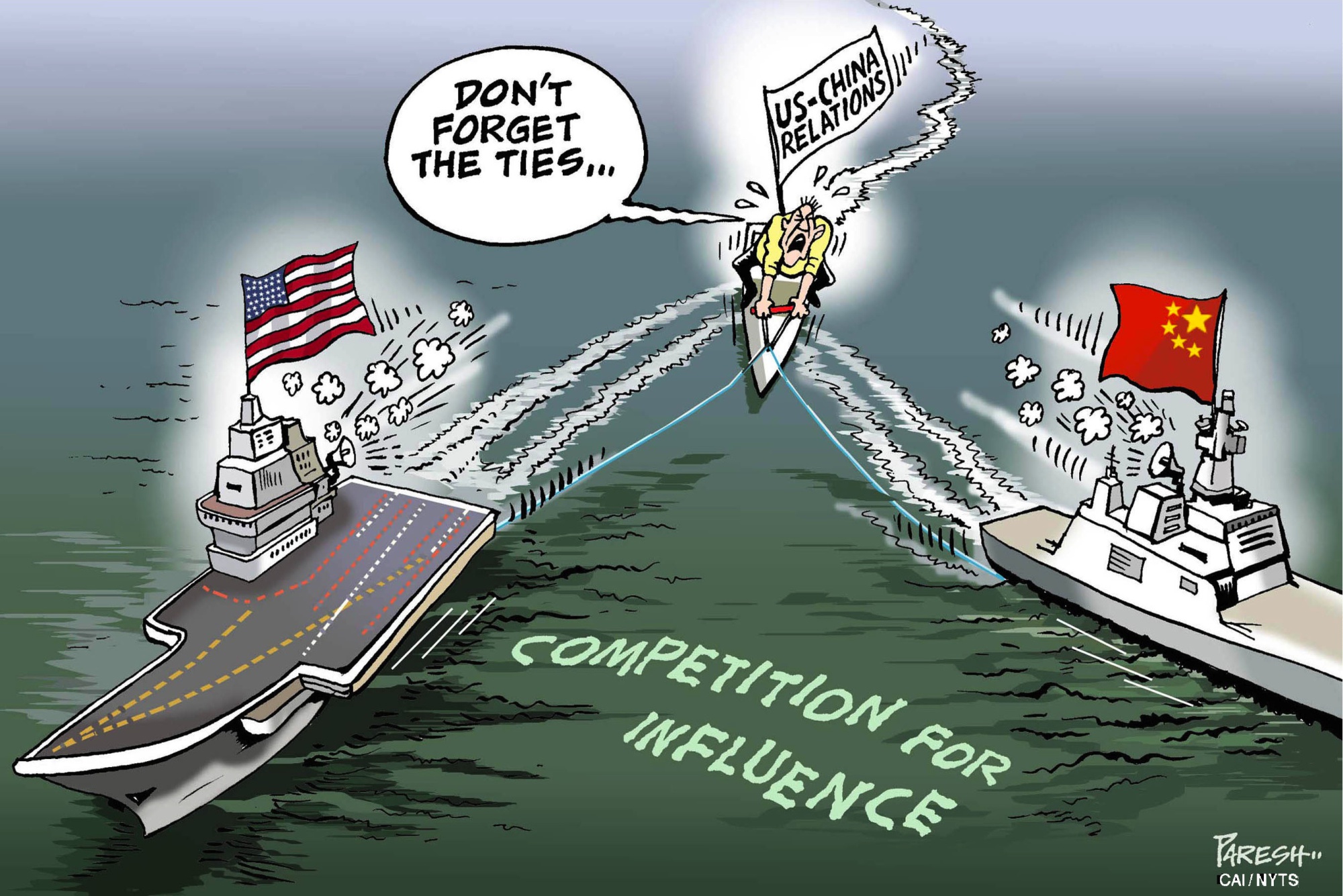China's seizure of a U.S. Navy unmanned underwater vehicle (UUV) in the South China Sea last month garnered widespread attention. The drone was an oceanographic research instrument, available for commercial purchase off the shelf and without any value for capture.
Although Washington and Beijing seemed to resolve the issue within a few days, other commentators have noted that the incident fits into a pattern of Chinese behavior surrounding American transitions of power. Both the 2001 EP-3 collision and the 2009 harassment of the USNS Impeccable occurred in the weeks immediately following American presidential inaugurations. Both actions seemed calculated to challenge the new presidents in an effort to gauge their reactions and convey a message of Chinese strength and determination early in the new leaders' terms. This time, Beijing did not wait until the new president took office; the UUV seizure occurred more than a month before Donald Trump's inauguration.
However, the incident also fits into another pattern: a creeping disregard among major military powers for international law. The tendency is not unique to China; Russia and the United States play an important part. While the U.S. first laid the legal framework, China and Russia have picked up the mantle in the last few years and taken the lead. Trump's election may reinforce the three countries' directions, signaling difficult years ahead for international legal forums.


















With your current subscription plan you can comment on stories. However, before writing your first comment, please create a display name in the Profile section of your subscriber account page.